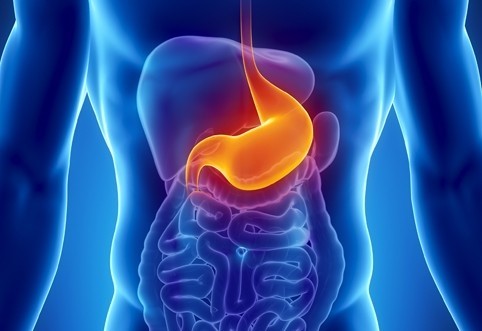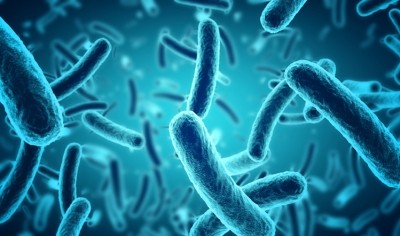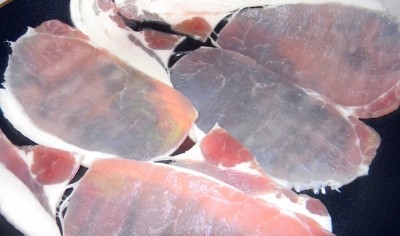Gut microbe health foods needed, says scientist

“These studies show if you didn’t realise it before that having a healthy gut can literally save your life,” said Tim Spector professor of genetic epidemiology at King’s College London. “This should stimulate even more efforts to produce foods that can be shown to be good for your gut microbes.”
According to new studies from researchers at the Gustave Roussy Cancer Campus in Paris and the University of Texas MD Anderson Cancer Center reported in the journal Science, the status and diversity of groups of bacteria within people’s stomachs – the so-called microbiome – can influence whether tumours shrink during cancer therapy using immunotherapy drugs.
Healthy gut microbiome
Increasingly, new scientific research has suggested that a healthy gut microbiome has a far greater affect on people’s health across a range of conditions than was previously thought. These include aspects such as digestion, protection from infection and regulating the immune system.
People’s intake of fibre in the diet, for example, is thought to assist the development of a healthy gut microbiome and is believed to directly affect signals sent to the brain covering feelings of satiety, which are important in controlling obesity.
However, the use of terms such as probiotics – which are foods containing bacteria that are ‘good’ for the gut – have yet to win approval by the European Food Safety Authority, under the EU’s health claims rules. This resulted in the term ‘probiotic’ being removed from a range of yogurts produced by companies such as Yakult and Danone and sold in the EU after the rules came into force in December 2012.These products had previously been marketed as probiotic-containing yogurts, which promoted gut health.
While some health claims for ‘prebiotics’ – ingredients added to foods to boost their fibre content, that are widely believed to promote healthy gut microbiomes – have been approved, these are fairly limited in their scope.
Last year, for example, a submission from Beneo, Sensus and Cosucra Group Warcoing for food containing inulin/oligofructose, derived from chicory root, received a ‘new function’ (Article 13.5) health claim for helping to control blood glucose levels. This followed Beneo receiving its first 13.5 health claim approval for its chicory inulin relationship with ‘normal bowel function’ earlier that year.
The Diet Myth
Spector, who is the author of a book called The Diet Myth: The Real Science Behind What We Eat, has called into question conventional advice on nutrition and diet.
Speaking to the Food Vision conference, organised by FoodManufacture.co.uk’s publisher William Reed in London earlier this year, Spector said: “A healthy gut is like a perfect English garden. You’ve got a diversity of microbes of all types, all living together and feeding o each other’s by-products – nothing is wasted.”
But, he warned: “Emulsifiers, preservatives and artificial sweeteners all have very negative effects on the gut microbiome and it is really important for the food industry to understand this.”
















